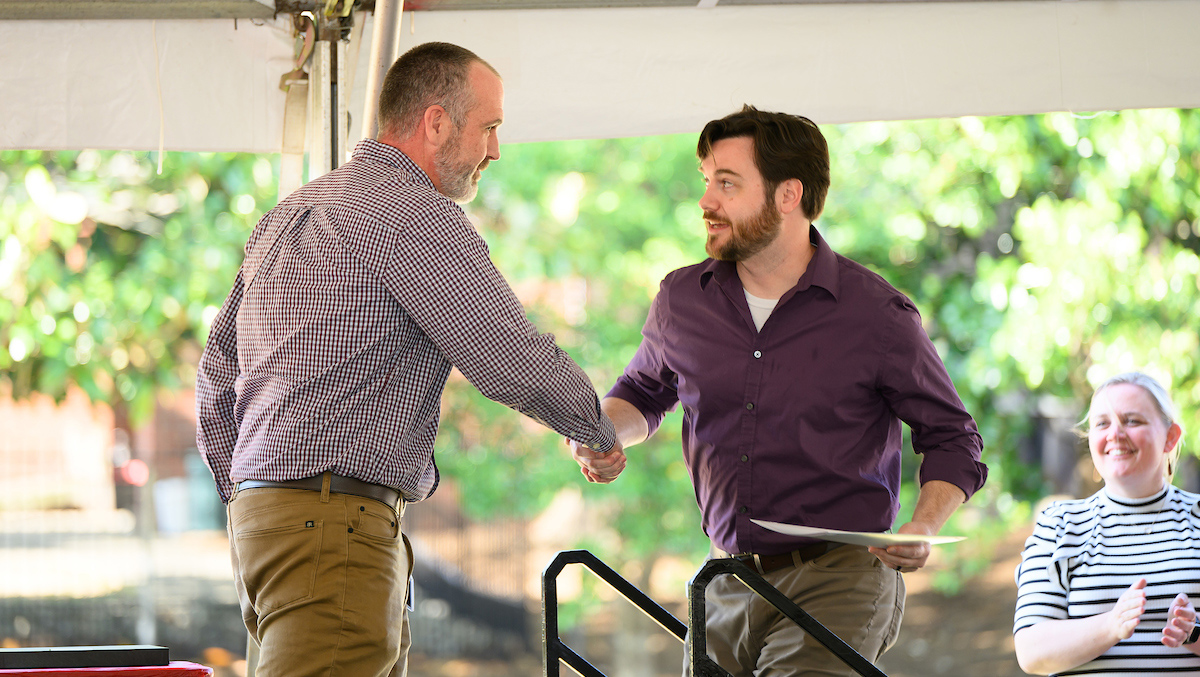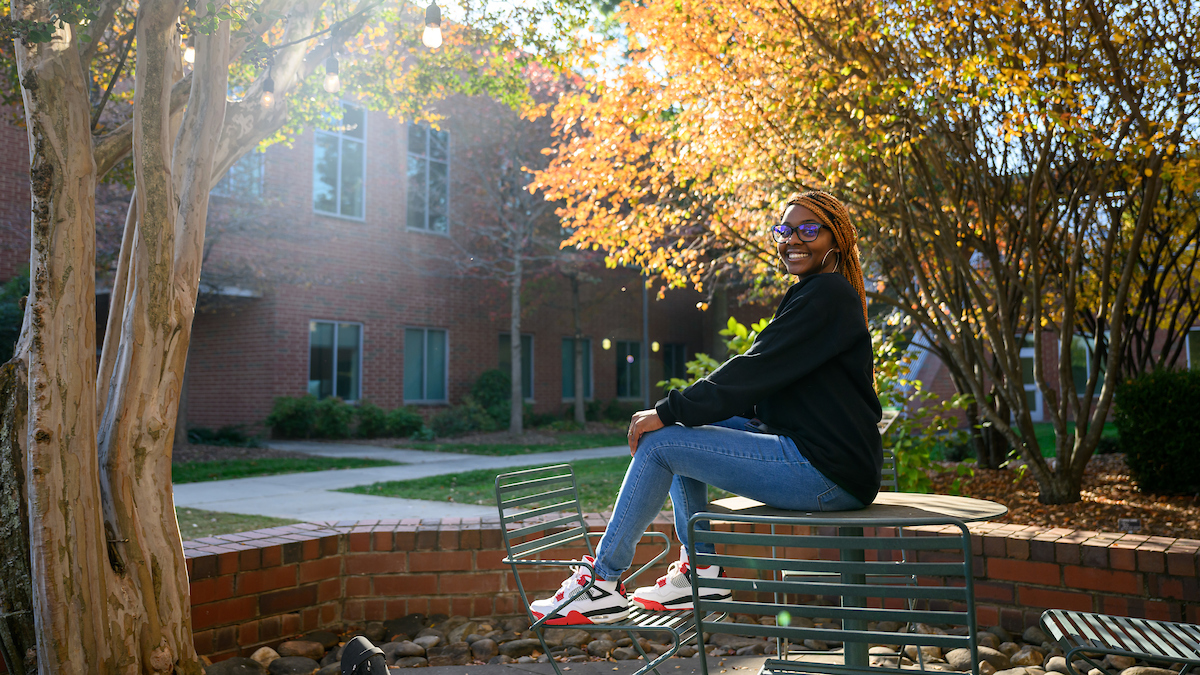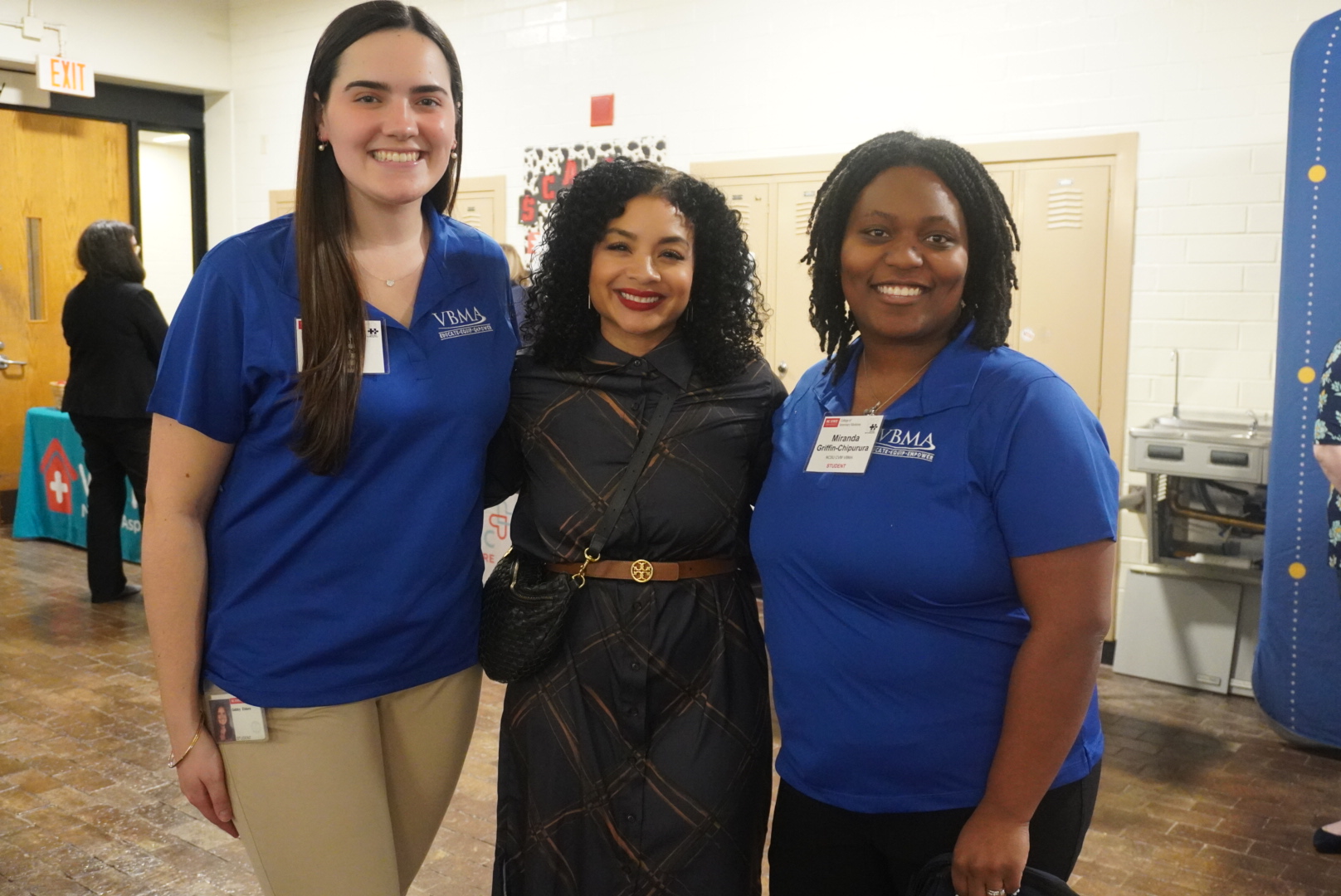Former NC State Veterinary Professor wins ACVS Foundation Legends Award
The foundation says David DeYoung’s impact on canine total hip replacement has been transformative and long-lasting.
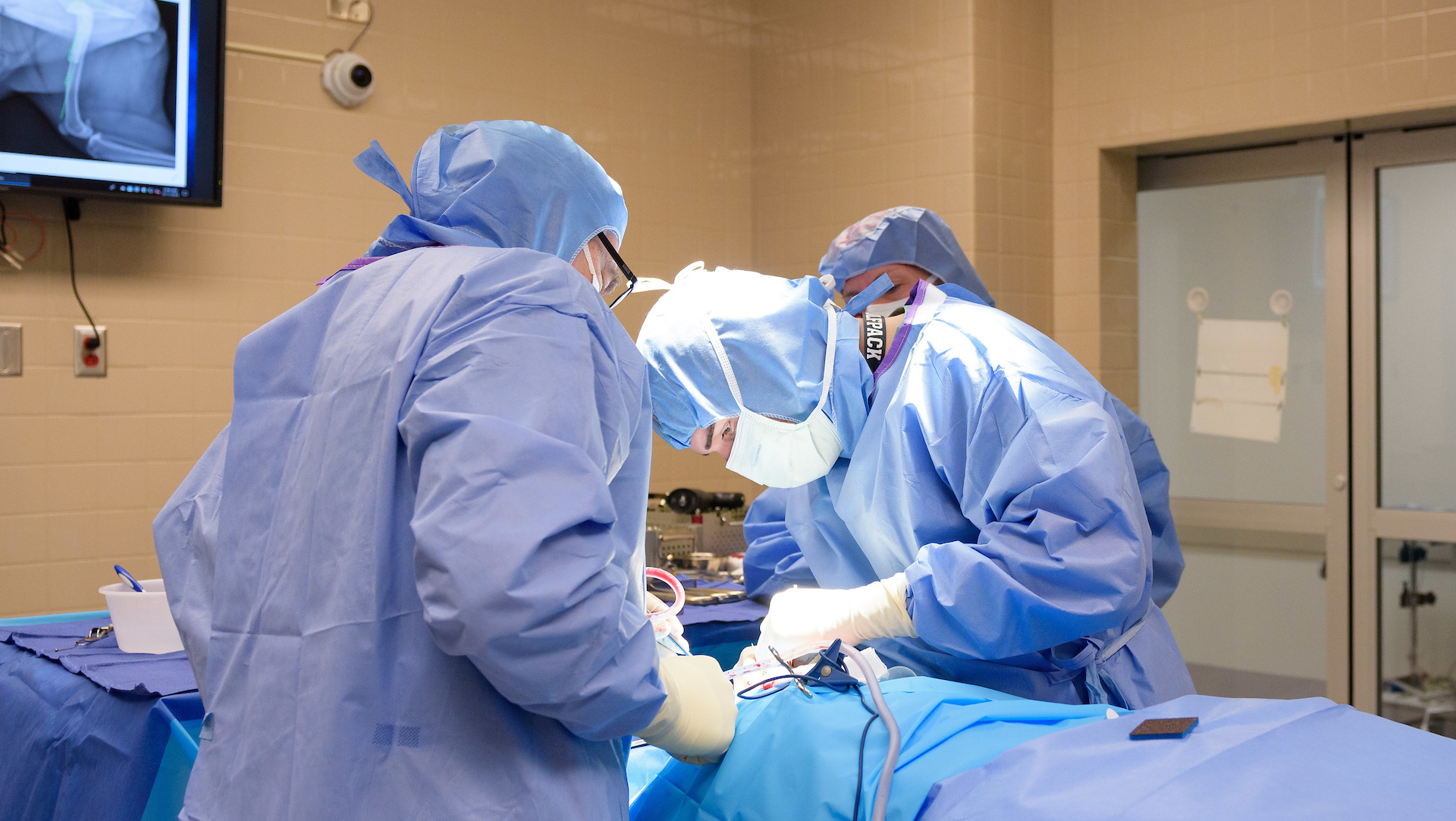
David DeYoung, a former professor of orthopedic surgery and associate dean at the NC College of Veterinary Medicine, has been awarded the Legends Award from the American College of Veterinary Surgeons Foundation.
The award is given to someone who has developed a surgical or diagnostic procedure of significant value, proven by becoming the test or treatment of choice for a given condition. The foundation said DeYoung’s impact on canine total hip replacement has been transformative and long-lasting.
“I was truly grateful and honored to receive the Legends Award from the American College of Veterinary Surgeons,” says DeYoung, who retired after eight years as dean of Ross University School of Veterinary Medicine in 2011. “It was great to receive this recognition for our research and clinical success with the total hip system.”
DeYoung served at the NC State College of Veterinary Medicine from 1983 to 2003, teaching and conducting research until 1994 then becoming associate dean for Veterinary Medical Services and director of NC State Veterinary Teaching Hospital.
While at NC State, DeYoung created the canine Porous Coated Anatomic or PCA system, which revolutionized total joint replacement in dogs. The long-term fixation of the PCA system’s cementless stem and cup relied on bone ingrowth into small metal beads, a novel concept at the time, the foundation said.
“NC State played a major role in the success of this project,” DeYoung says. “The college provided initial start-up funding, research space and technical support. Also, our relationship with the NC State Department of Biological and Agricultural Engineering provided support in mechanical testing.”
To create the system, DeYoung brought together medical experts in orthopedic surgery and radiology, engineers, veterinarians and a dedicated team of technicians. The system was evaluated in a large five-year prospective clinical trial, and its long-term performance was amazingly successful, the foundation said.
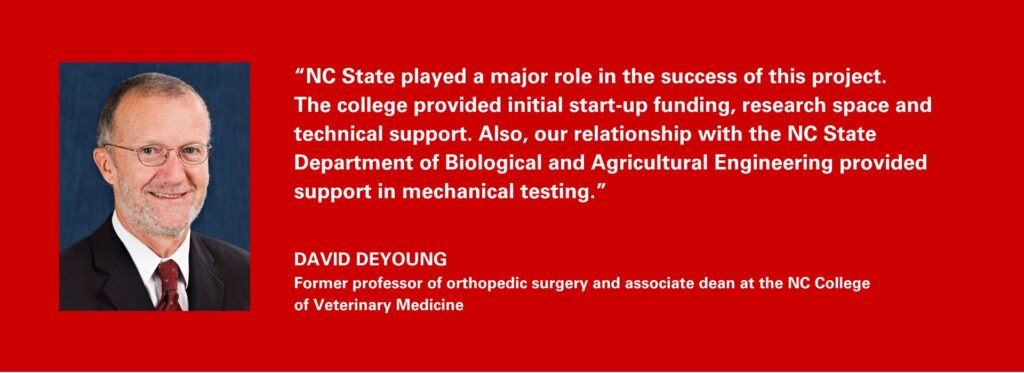
Traditionally hip replacement implants are secured in place using acrylic bone cement. To address the failure rate of cemented implants, DeYoung’s team chose to eliminate the use of cement in favor of a cementless device.
“Exact instruments create a bone bed that is the same shape but slightly smaller than the implants to be used,” DeYoung explains. “Once impacted into the bone, the textured surface of the implant provides considerable surface friction and resistance to movement. The resulting friction stabilizes the implant so that the dog can walk on the leg until the bone grows into the textured surface of the implant. This results in a long-term, more biological means of implant fixation.”
After nearly 20 years of research, development and clinical testing, a veterinary orthopedic implant company named Biomedtrix developed a cementless total hip system based on DeYoung’s clinical and research results to complement its existing cemented hip system.
“Dr. DeYoung’s innovative research and leadership in the area of canine cementless hip replacement established the pathway for the advancements that we witness in this procedure today,” said Terri Schiller, DVM, who was a resident under DeYoung at NC State and involved in the early research on the project. “Hundreds of veterinary surgeons and thousands of patients have benefited from Dr. DeYoung’s career efforts.”
